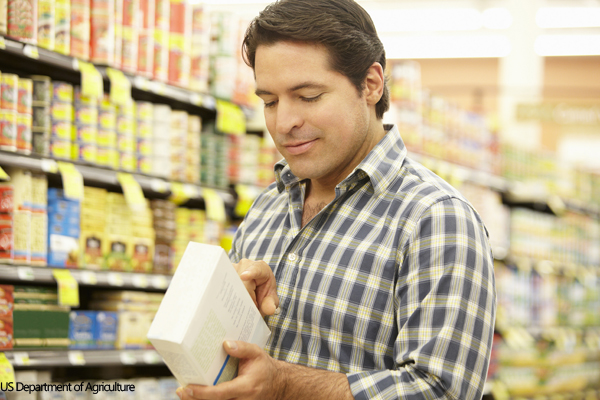Prior to 2017, US private label dollar shares remained stagnant at 18 percent, but according to a new consumer report by Nielson, this market experienced a “complete reversal in growth trajectory.” By the last quarter of 2017, dollar sales growth of store brand products outpaced national brand sales by three times.
This finding may encourage brick-and-mortar stores to continue investing in private label products as they compete with national brands that are investing in and transitioning to online grocery sales. However, this growth is not attributed to all private label products as there are national brand products that outsold store brands in certain categories. Nevertheless, private label products experienced a higher growth in every category in 2017 when compared to national brands.
Neilson divided products into five categories by price tier: Tier 1 represented discount products whereas Tier 5 represented premium products. The market research organization measured these categories in a 52-week period which ended on July 22, 2017 and compared the results to the prior year. Private label products in Tier 1 experienced a -2.3 percent dollar growth in 2017 while national brands experienced a -7.4 percent dollar growth in this category. However, both brand types experienced significant growth in the premium Tier 5 category (private label products experienced 10.6 percent dollar growth while national brands experienced 6.3 percent), supporting the notion that consumers are willing to pay more for premium products.
Neilson attributed this increased sales growth of premium products to the fact that consumers are more health-focused. The organization claims that packaging also plays an important role in the sales of these products as consumers actively seek out labels that indicate sustainable production and the ethical treatment of animals.
“At a high level, understanding which package claims are performing best enables a wealth of context into the current state of mind for consumers in the health and wellness space. For example, nearly one out of two surveyed Americans (46 percent) would agree that claims on food products influence their purchases. First and foremost, we’re seeing a continued focus on the fair and ethical treatment of animals across a number of spectrums,” wrote Neilson analysts.
In contrast, Neilson highlighted indulgent products that have calorie-counting product claims to have experienced a noteworthy amount of sales in the past year reaching $1.1 billion, which is a 34 percent increase compared to 2016. About 43 percent of these calorie-counting products were attributed to ice cream and salty snacks while the wholesome snack category attributed to 32 percent of these sales. This means that confectionary or dessert companies may be able to increase their product sales just by decreasing their serving sizes and reducing the number of calories in each package.
With major grocery chains investing in diversifying their private label products, national brands are now competing with grocers in almost every food category. Store brand products are beginning to have the upper hand because of their often lower price points and the fact that grocers are investing in premium quality ingredients. German grocery chain Aldi is a great example of a major grocer that provides customers with premium store brand products. Aldi, a chain that is rapidly growing in the US, has their private label products in nearly every aisle of their grocery stores with products spanning from fresh produce to baby food. Earlier this year, the major grocery chain announced a private label line of vegan food products under their brand Earth Grown, allowing the international grocery chain to get a hand in the growing vegan demographic in America.
In addition, a recent report by Daymon, a global consumer retail and private brand agency, found that 81 percent of consumers buy private label products every time or almost every time they visit a grocery store. The organization also found that 85 percent of consumers trust private label products just as much as national brand products. This trend is supported by the notion that private label products are cheaper than national brands, which leads some consumers to select a store brand product without checking if a there is a cheaper national brand version.
“Today, Private Brands truly set the pace for the rest of the industry. They have gone from being just a financial tactic to the most coveted play in town. If you don’t have a solid Private Brand strategy today, you’re in trouble. You’re dead in the water,” said Jim Holbrook, CEO of Daymon, in the report.
This trajectory is expected to continue with private label brand dollar sales forecasted to increase 25.7 percent by 2027. With such promising sales, it is likely that more grocery stores will start rolling out their own branded products in every aisle of their grocery stores.












Join or login to leave a comment
JOIN LOGIN